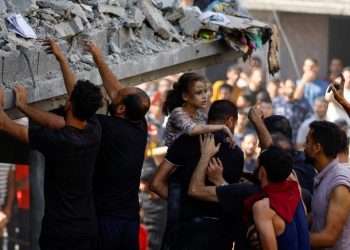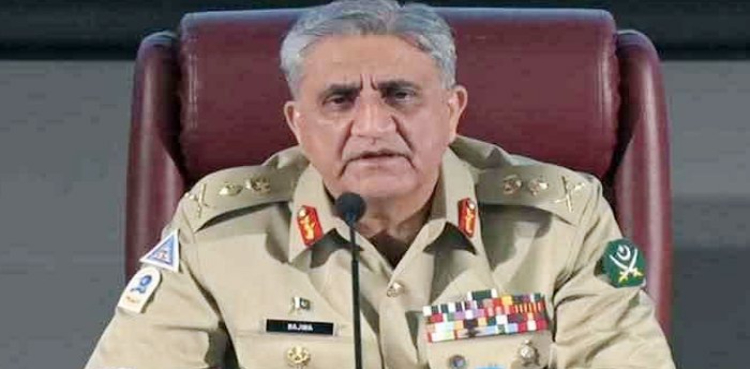President Volodymyr Zelensky is set to hold talks with Turkish leader Recep Tayyip Erdogan on Friday on the latest leg of a tour to push Ukraine’s bid to join NATO and secure more weapons from allies.
The talks in Istanbul come on the eve of the 500th day since Russia’s invasion, with Zelensky admitting Ukraine’s counteroffensive was progressing slowly.
“But nevertheless, we are advancing, not retreating, like Russians,” Zelensky told reporters. “We now have the initiative.”
He called on the United States and other allies to provide long-range weapons and artillery during a two-day visit to Prague ending on Friday.
“Without long-range weapons, it is difficult not only to fulfil an offensive mission, it is difficult to conduct a defensive operation, to be honest,” Zelensky told reporters.
The talks with Erdogan – an important broker in the conflict – are to focus on an expiring deal to ship Ukrainian grain across the Black Sea, as well as next week’s NATO summit.
Analysts also expect Zelensky to push Erdogan to give a green light for Sweden’s NATO membership ahead of Tuesday’s meeting of the military alliance in Lithuanian capital Vilnius.
Turkey is blocking Sweden’s candidacy because of a longstanding dispute about Stockholm’s perceived lax attitude toward alleged Kurdish militants living in the Nordic country.
Zelensky is seeking NATO accession for his own country, which has been battling Russia’s invasion since February 2022, and has said he wants the summit to lead to an “invitation” to join the bloc.
Both Zelensky and Erdogan want to extend a United Nations and Turkey-brokered deal with Russia under which Ukraine has been allowed to ship grain to global markets during the war.
The deal will expire on July 17 unless Russia agrees to its renewal.
Erdogan has tried to leverage good working relations with both Zelensky and Russian President Vladimir Putin to mediate an end to the war.
Turkey staged two early rounds of peace negotiations and is pushing for more talks.
Before visiting Prague, Zelensky travelled to Sofia to discuss weapons deliveries with Bulgaria, a major ammunition producer.
The Kremlin criticised the visit to Bulgaria, saying the Ukrainian leader was trying to “drag” other countries into the war.
Progress’ on nuclear inspections
The head of the UN’s nuclear watchdog said on Friday that it was “making progress” on inspecting several areas of the Zaporizhzhia nuclear plant in Ukraine, after claims it had been mined.
Ukraine and Russia have accused each other of planning a provocation at the Russia-controlled site, raising alarm over risks of a radioactive disaster at Europe’s largest nuclear plant.
Ukraine’s military this week claimed “external objects similar to explosive devices” had been placed on the outer roof of the third and fourth reactors at the site.
Officials from the International Atomic Energy Agency (IAEA) had been able to “complete the tours of the cooling ponds and other places”, Rafael Grossi said Friday in Tokyo.
They had “not seen any indications of explosives or mines”, he said, although he added IAEA officials had not yet been able to visit the facility’s rooftops.
Prigozhin ’not in Belarus
Meanwhile, the mystery deepened as to the fate of Wagner chief Yevgeny Prigozhin, after the collapse of his short-lived mutiny.
Originally, Prigozhin was said to have been exiled to Belarus.
But Belarus leader Alexander Lukashenko – who mediated the deal to end the revolt – said Thursday that the Wagner leader was not in his country.
“As far as Prigozhin is concerned, he is in Saint Petersburg… He is not in Belarus,” Lukashenko told reporters in Minsk.
Lukashenko said he knew “for sure” that Prigozhin was free.
He added that Wagner mercenaries had not yet established a base in Belarus, despite a Kremlin offer for mutiny participants to relocate.















































